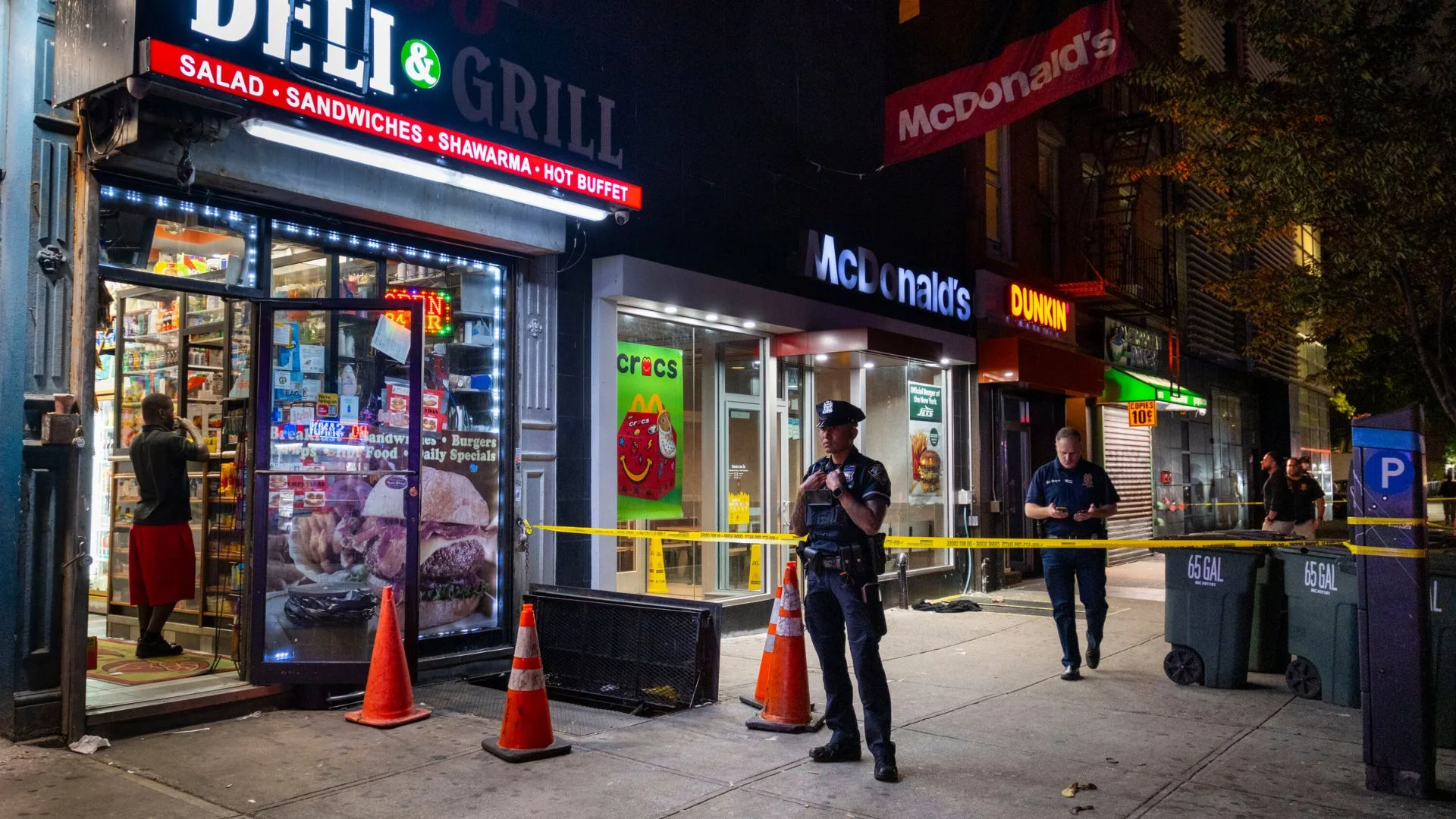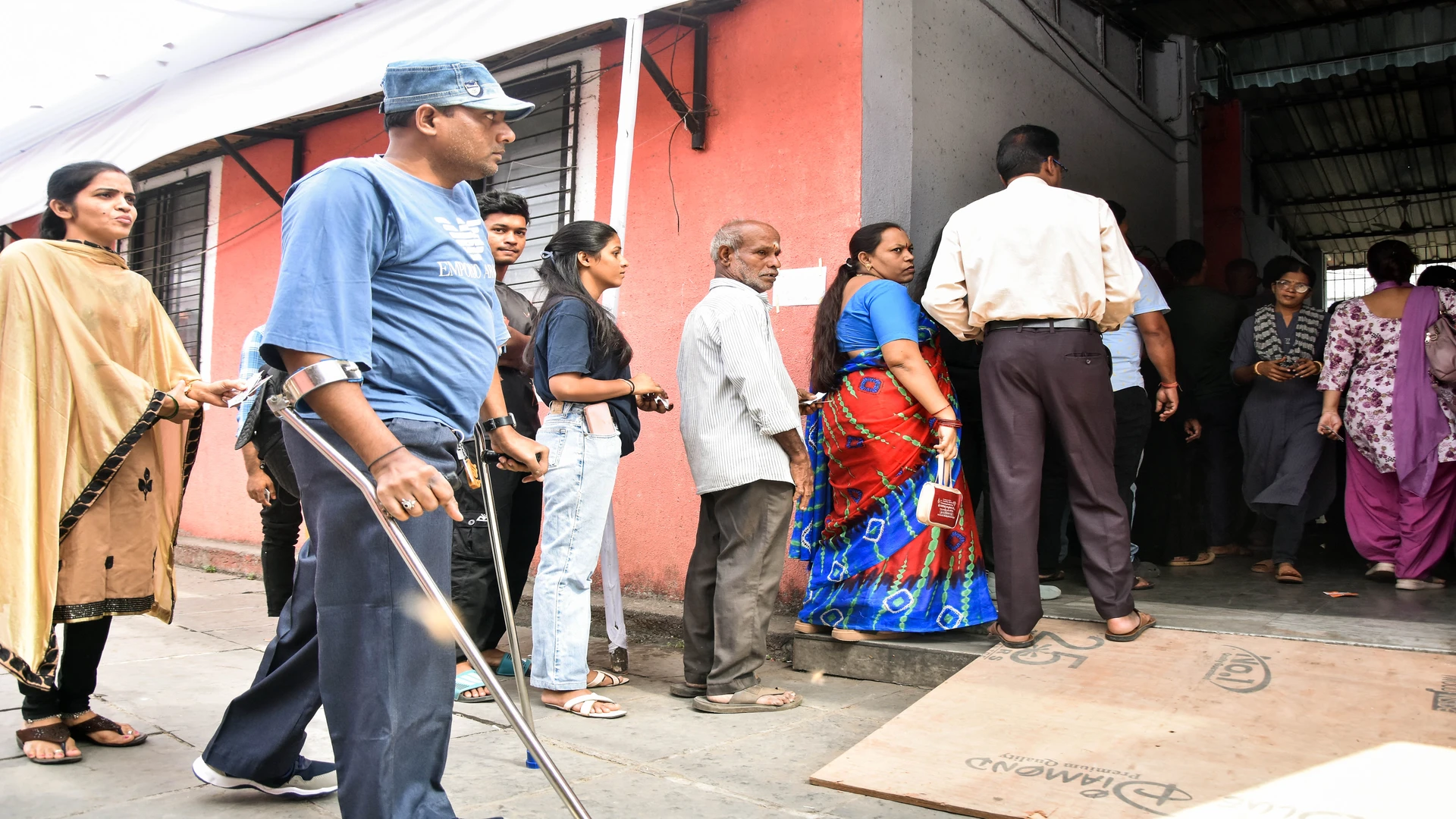
Over the past seven years, New York has witnessed a more than 30% increase in crimes involving children, coinciding with a period of relaxed laws regarding juvenile offenses. As crime emerges as a significant issue in the 2024 US presidential election, Republicans rank it as the third most critical concern after the economy and immigration.
According to a report by The New York Times, the number of minors involved in major crimes, including murders, robberies, and assaults in New York City, surged by 37% between 2017 and 2023. The Times’ analysis revealed a 28% rise in felony assaults involving children, where serious injuries or deadly weapons were used. Additionally, robberies involving minors rose by 52%, and homicides involving youth increased by over 200%.
The report also highlighted that child victims of crime increased by 54% during the same period. Michael LiPetri, head of the New York Police Department’s crime strategies, noted, “most of what we see is youth-on-youth crime.” Despite the increase, crimes involving children still account for a relatively small portion of overall crime, comprising approximately 3.8%, consistent with figures from 2017.
These statistics have reignited discussions about the legal response to youth crime. Prior to 2017, many children accused of serious offenses were tried as adults; however, legislative changes now mandate that most 16- and 17-year-olds are processed in family courts. The sealing of family court rulings has made it challenging for police and prosecutors to present evidence of previous offenses when prosecuting repeat offenders, further complicating the issue of juvenile crime in New York.














